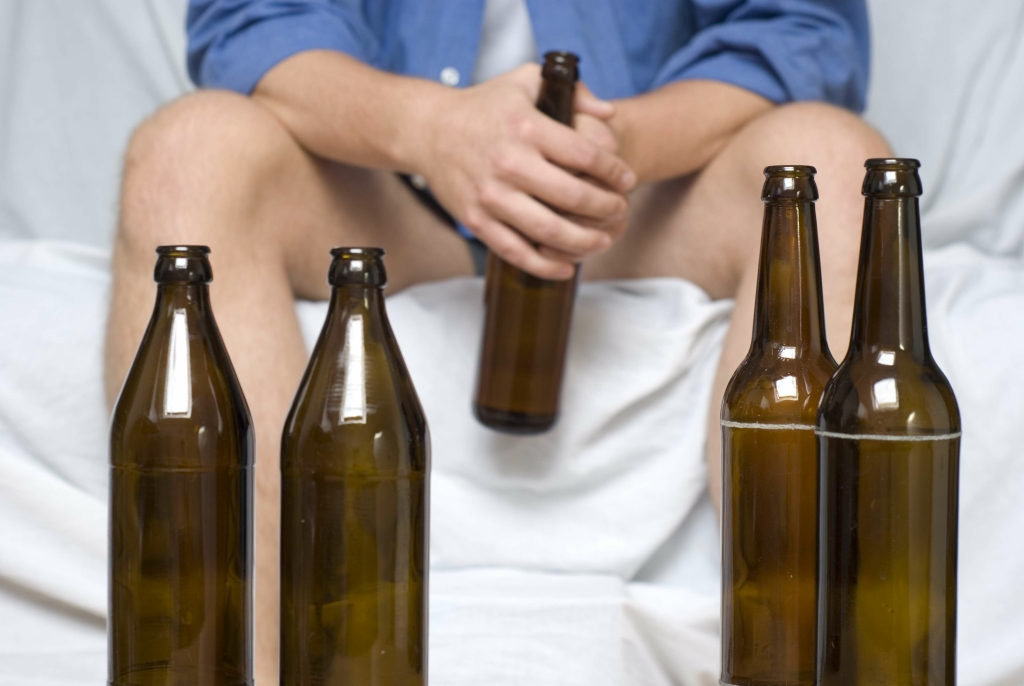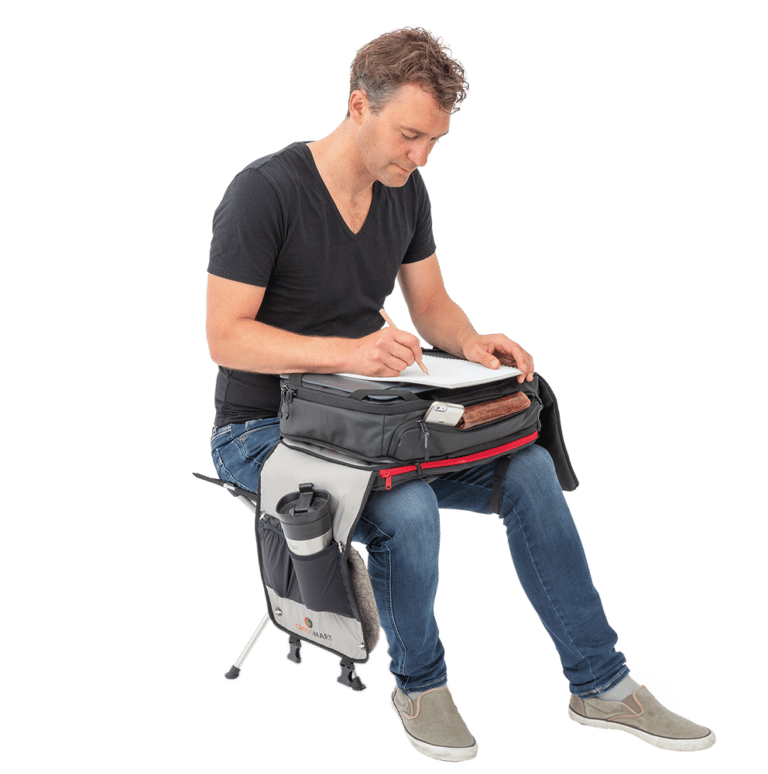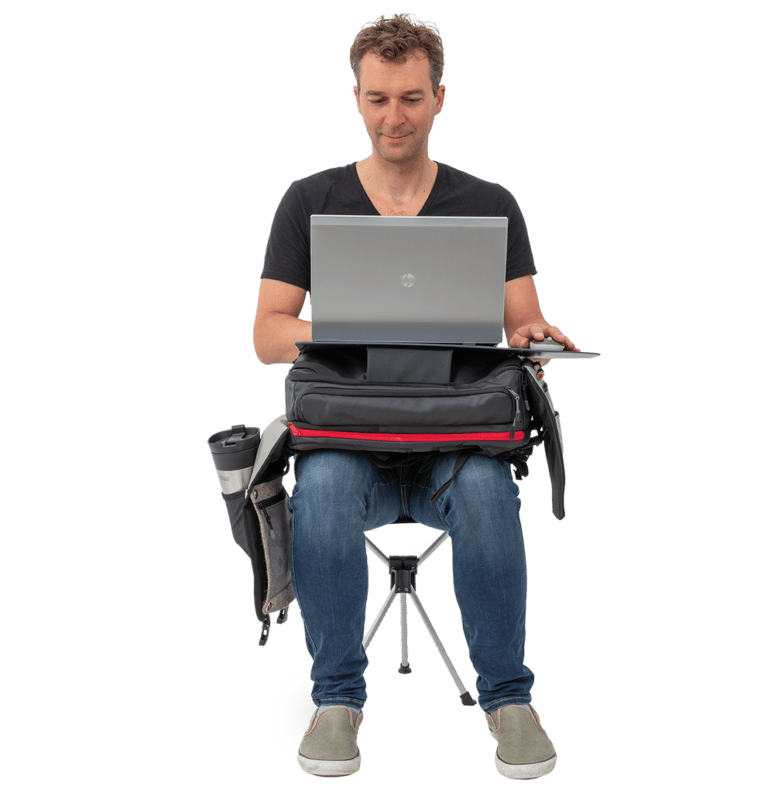Offering round-the-clock professional care and proven therapies, inpatient treatment creates a strong foundation for lasting sobriety – but success requires more. Need-to-know facts about inpatient recovery programs reveal which length of stay delivers the highest success rates. Calls to the general helpline will be answered or returned by one of the listed treatment providers, all of whom are paid advertisers. Our helpline is available 24 hours a day, 7 days a week at no cost to you and with no obligation for you to enter into treatment. We are committed to providing support and guidance whenever you need it.
Addiction, whether to illegal drugs or common legal substances like alcohol, is a serious issue. Benzodiazepines are a type of prescription medication commonly given to individuals experiencing anxiety. These drugs have mostly replaced barbiturates in many medical applications.
- Heroin is one of the most addictive drugs and a major driver of the opioid epidemic.
- These factors contribute to the common question, “how addictive is cocaine?
- In truth, the health consequences of alcohol addiction are severe, ranging from liver disease to various kinds of cancer.
Is Heroin More Addictive Than Cocaine?

Although the high is considered relatively short from cocaine, it is so rewarding that people want to experience more of it. Additionally when the high wears off, an inevitable “crash” is inevitable in which dopamine levels experience a significant drop-off. This results in the exact opposite effect of what the person experienced while they were “high.” In order to avoid this crash, many people seek out another cocaine high.
Medications for Opioid Overdose, Withdrawal, & Addiction
This leads to compulsive use, physical dependence, and loss of control. At Missouri Behavioral Health, we treat these effects through therapy, medication, and drug detox to restore healthy receptor function and improve cognition. It is a complex condition that affects the brain’s reward, memory, and motivation systems.
Prescription Opioids
This causes the brain to flood with dopamine, causing euphoria and alleviating pain. Because it binds tightly to opioid receptors, fentanylcauses overwhelming dopamine surges and intense pleasure, increasing its addictiveness. Users quickly develop tolerance, experience intense withdrawal, and face frequent relapse. Missouri Behavioral Health treats fentanyladdictionusing a combination of medicationsuch as methadone, individual and group therapy, and around-the-clock monitoring. We help each patientmanage substance dependenceand move toward stable sobrietywith access to care that many insurance plans cover.

Substance effects on the brain
It also increases the likelihood of Twelve-step program collapsed veins, bacterial infections, and—most concerningly—overdose. The penalties for possessing, distributing, or manufacturing heroin are severe and result in long prison sentences. In the case of possession, a person faces up to 1 year in prison for a first offense, with longer sentences for repeat offenses. This condition persists even after stopping heroin use, requiring medical treatment to restore normal bowel function. These slang terms exist within drug culture to disguise conversations about the drug, making it harder for law enforcement to track illicit trade. Inhalants are a diverse group of substances that are breathed in through the nose or mouth to produce a psychoactive effect.
Cocaine produces effects similar to that of crack cocaine, but is far less potent. This stimulant is commonly snorted, but can also be injected to produce a stronger, more intense high. Cocaine addiction is often triggered when users most addictive drug develop a tolerance to the drug, and use higher amounts to seek euphoria and a more powerful energy boost. The act is implemented by the Drug Enforcement Administration, which is empowered to prosecute violators of laws governing these controlled substances. Therefore, patients using methadone to relieve withdrawal symptoms must be closely monitored in a healthcare setting. Fentanyl is a highly addictive substance that serves as a synthetic alternative to heroin.
There are several similarities and differences between the initial research conducted by David Nutt and that brought forth in the alleged (elusive) Dutch study. Both agree on the https://letsgetinternetready.com/2022/02/02/10-ways-to-find-purpose-in-life/ most addictive drug, but other rankings differ slightly. The Dutch study seemed to get into more specifics, whereas the original focused more on general classifications. Cannabis includes products from the Cannabis sativa and Cannabis indica plants, commonly known as marijuana. While it is often touted for medicinal benefits, misuse can lead to marijuana use disorder.
Extended exposure to THC reduces the brain’s sensitivity and natural dopamine production. Cannabis includes all products derived from the plants Cannabis sativa and Cannabis indica. While this is true, it is also a fact that marijuana misuse leads to the development of marijuana use disorder. They create a euphoric effect resulting in a calming and pleasurable experience. When not used for its intended purpose over an extended period of time, the brain will eventually rely on the drug to maintain normal function.
Treatment Options for Heroin Addiction
The danger with barbiturates lies not only in their addictive potential but also in their risk of overdose. Because these drugs slow down your brain activity, taking too much can lead to respiratory failure, coma, or even death. Barbiturates, often referred to as “downers,” depress the central nervous system.
- Although prescription stimulants can be a huge help when treating ADHD, they do have the potential for misuse and abuse.
- You may feel the effects within seconds of injecting or smoking heroin.
- This may include fentanyl, a powerful painkiller that’s often made and sold illegally.
- Or, you might find yourself drawn to a seemingly “less addictive” drug, like nicotine, that feels just as powerful as a narcotic.
Studies have shown CBT to be effective in treating addictions to all of the substances on this list as well as other substance use disorders. One of the most effective tools that addiction therapists and other mental health professionals have to help someone change unwanted behavior is CBT. Personalized treatment can help ensure that anyone living with a substance use disorder receives the best, most appropriate care to get them onto the path to recovery. The same study that revealed nicotine’s addictiveness showed that 22.7% of first-time users of alcohol will go on to develop a chemical dependency on alcohol. This also affects the brain’s reward circuit, reinforcing drug-using behavior.


